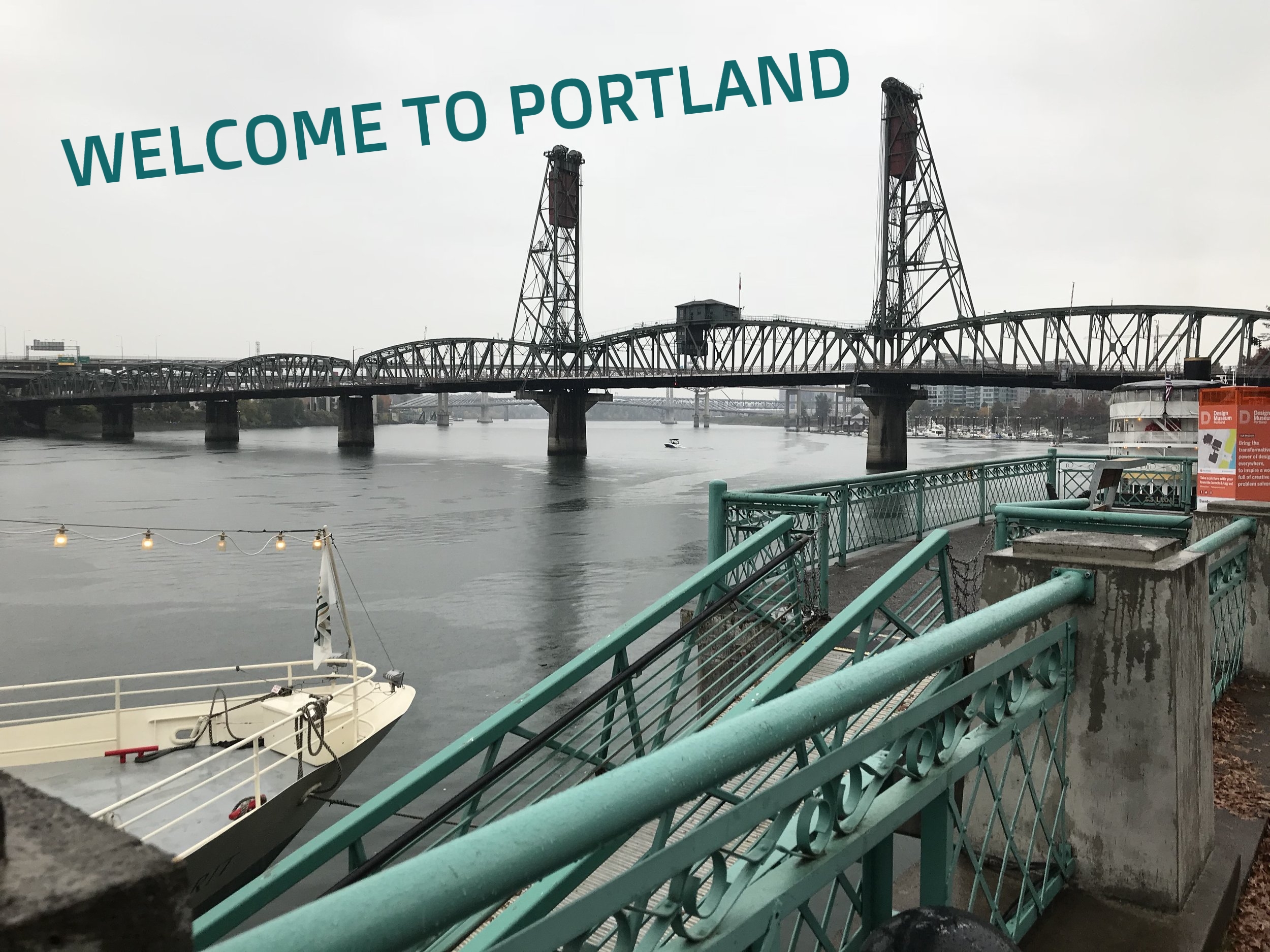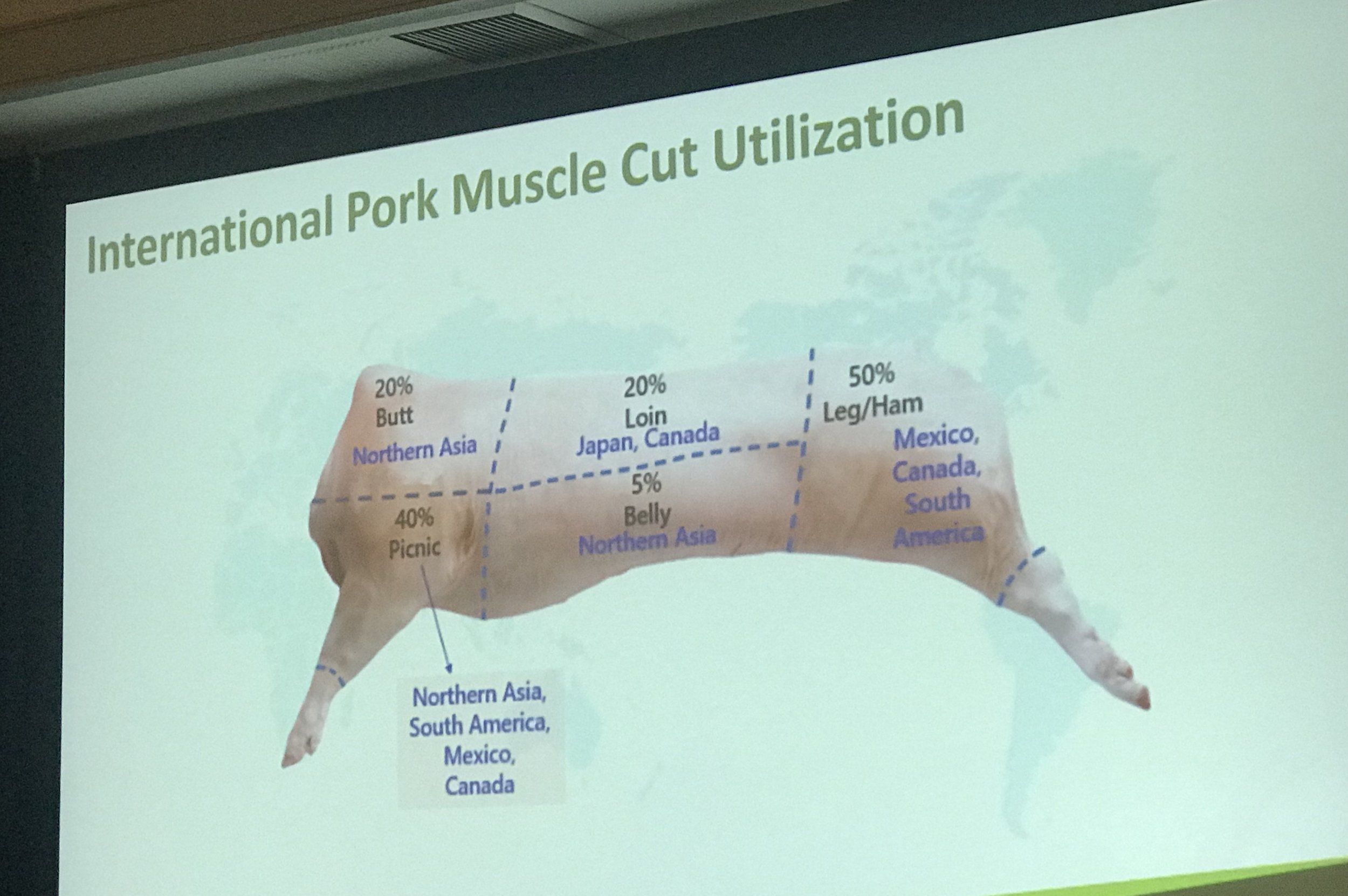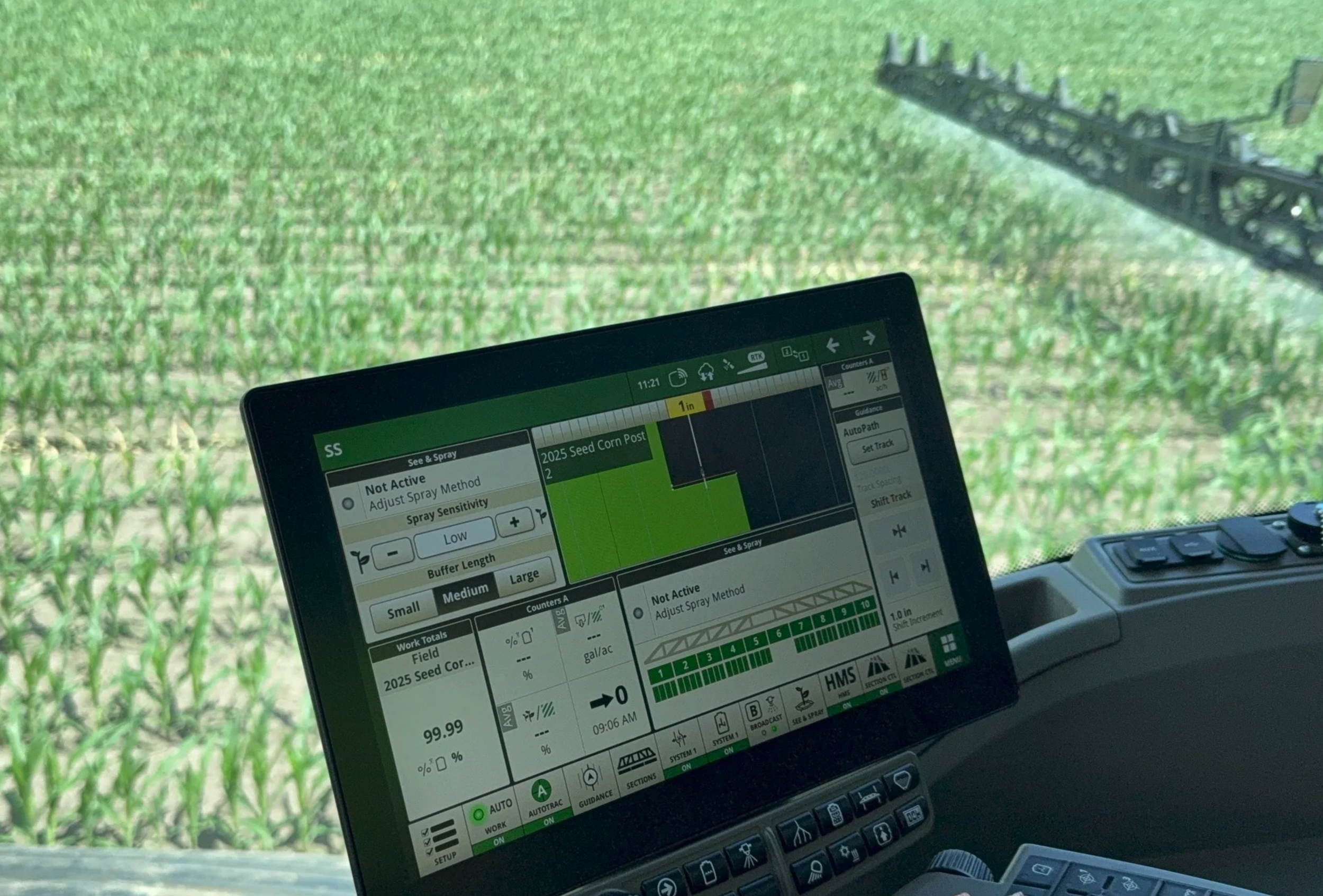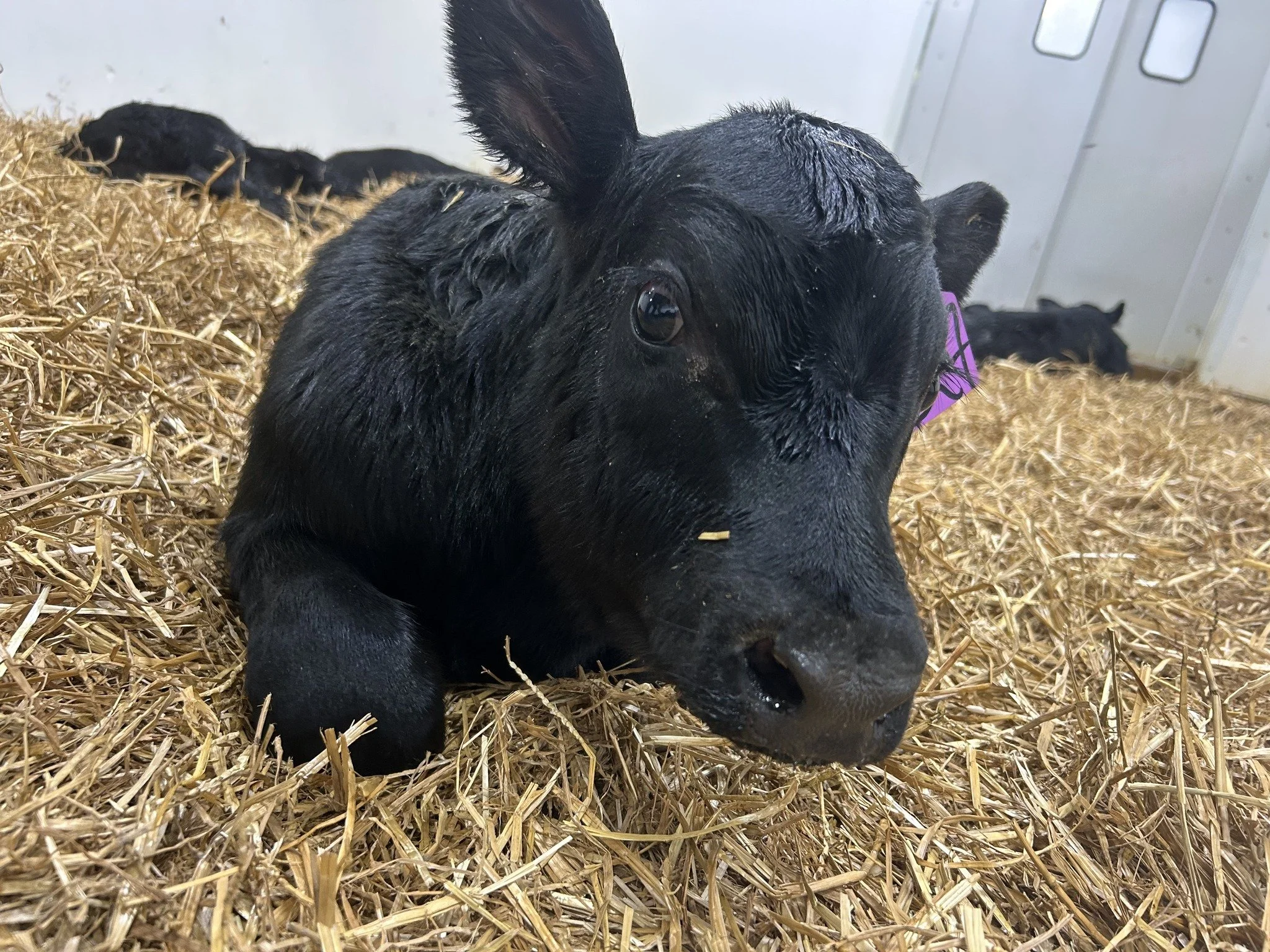American Agricultural Law Association: Portland 2018
/Todd and Brianna recently attended and presented at the annual American Agricultural Law Association (“AALA”) educational symposium in Portland, Oregon. The symposium brings together hundreds of agricultural attorneys from across the country, including lawyers in private practice, in-house, government, non-profit, and education. We went to many breakout and general sessions and were able to network with some top-notch attorneys. Here is our review:
Brianna: There is no direct Indianapolis to Portland flight, but eventually I made it to my destination. One of my favorite sessions was the Friday morning presentation called “International Trade Law: How Big is the Target on Agriculture’s Back?”. Craig Morris (National Pork Board) provided a wealth of statistical data about pork farms, but I especially enjoyed the breakdown of the United States’ key export markets (Japan, Mexico, and China). We export different types of meat to different markets depending on that country’s consumer demands. Jaime Castaneda (National Milk Producers Federation) provided the milk perspective on the political process and the new USMCA (new NAFTA). John Gilliland (Akin Gump, Counsel to National Cotton Council) gave us an overview of how foreign trading processes affect agriculture.
Todd: As daily reader of Politico’s Morning Ag report, I really enjoyed that the first day kicked off with a presentation by Helena Bottemiller Evich. Evich is an ag reporter for Politico in D.C. and covers all issues on the national front. Although passage of a Farm Bill continues to elude us, Evich explained that there is a sincere effort by the “big four,” Senators Roberts, Stabenow, and Representatives Conaway and Peterson, to hammer out their differences. Obviously at this point nothing will happen before the midterms, but there is hope for a Farm Bill in the lame duck session.
Brianna: Another of my favorite sessions was a breakout section on employment law issues. This panel specifically addressed claims of harassment or discrimination at agricultural employers (farms, vineyards, processing plants, etc.). My key takeaway? Advise clients to have a written employment policy and to use it. Hold a few formal training sessions on employment rules and the harassment/discrimination policy, but come back to the policy at frequent informal “tailgate” meetings. Tim Bernasek (Dunn Carney, Oregon), Larry Stine (Wimberly Lawson, Georgia), and Laurie Olson (Land O’Lakes, Minnesota) hosted this panel discussion.
Todd: “Keep Portland weird” is just one of Portland’s unofficial slogans. Likewise, meat science has gotten weird in the last few years. I attended a session called “Where’s the Beef: Lab-Created Protein and Gene Editing” by Susan Burns (Susan Burns LLC) and Karen Carr (Arent Fox). Burns described the process for creating lab-grown meat and the regulatory questions it presents—should it be regulated by USDA (as meat) or by FDA (as food) or both? Carr explained the challenges to labeling the new “meats” that will be arriving in grocery stores sometime soon.
Brianna: I also attended a session on agricultural trucking, presented by Josh Trenary (Indiana Pork), Linda Chezem (Foley, Peden and Wisco, Indiana), and Michael Formica (National Pork Producers Council, Washington DC). Linda highlighted the Federal Motor Carrier Safety Administration regulations. Josh focused on animal welfare while transporting livestock and the Pork Quality Assurance program. Michael finished the presentation by addressing electronic logging devices and the available exemptions for agricultural truck drivers.
Todd: As practitioners in the livestock industry, I especially enjoyed the session by Jim Bradbury (James Bradbury PLLC) and Eldon McAfee (Brick Gentry). Eldon provided “war stories” from his work defending livestock farmers in administrative matters in Iowa. He also provided a broad overview of the state of nuisance law in the United States, given the recent jury verdicts coming out of North Carolina.
Our favorite presentation (obviously) was our own session on how consumer demands are affecting livestock farmers. We’d be happy to share our presentation materials with you if you are interested. We, of course, started with this Colin the Chicken clip, which takes consumer interest in how a chicken was raised to its fullest (and oddest) expression.
AALA also provided a handful of sessions with a Pacific Northwest focus, including vineyards, breweries, and the legalized marijuana industry. This meant we were able to brush up on topics we frequently handle and learn about some issues that have yet to make their way to us. All in all, we enjoyed Portland and look forward to AALA 2019 in Washington, DC.





